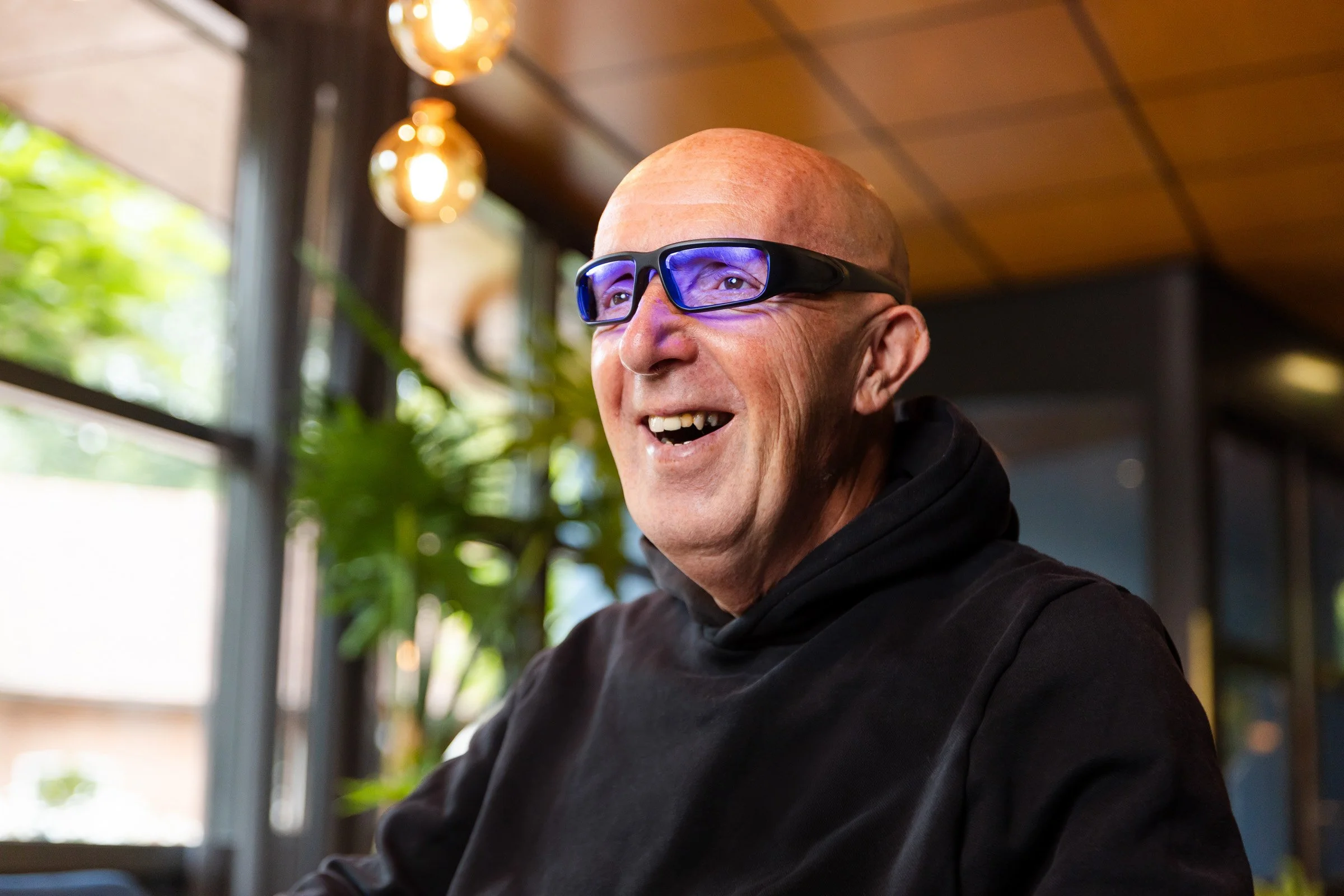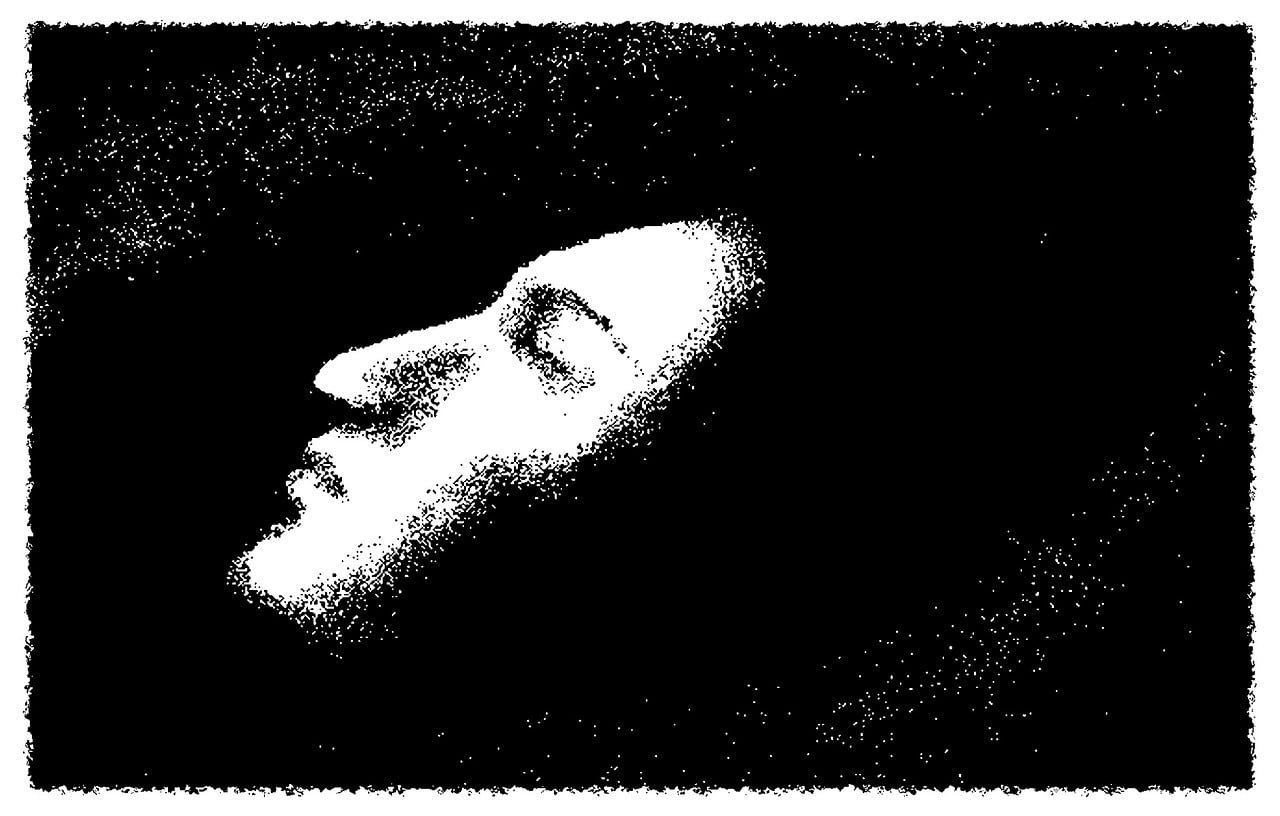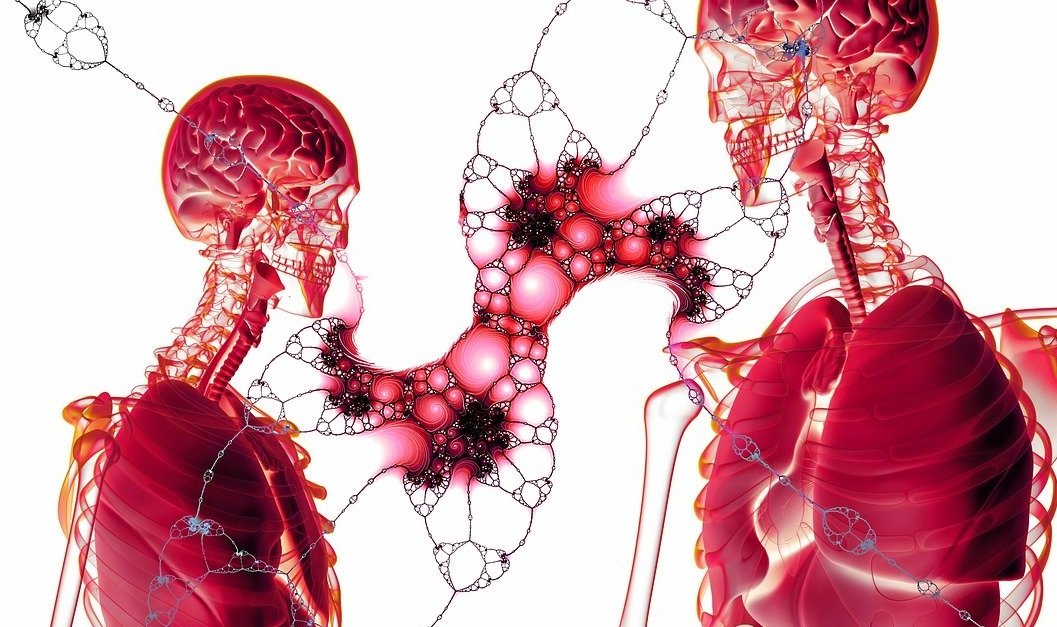A Guest article bty Toine Schoutens, Propeaq
Several years on, that conversation is evolving and one technology that continues to attract attention is our wearable technology, in the form of light glasses. Light glasses are a type of light therapy device, ours are using blue light, delivered through the eyes. The idea behind this approach is that specific wavelengths of light may help support the sleep/wake rhythm which is often disrupted in people with Parkinson’s.
Read More


















